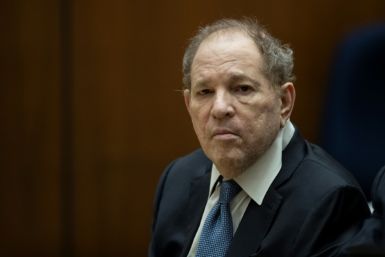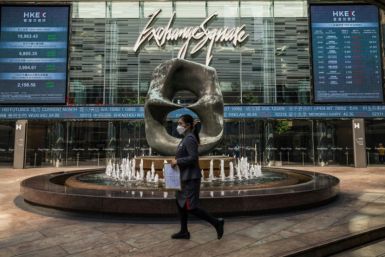Australian Stock Market Report – Midday 2/20/2013
MID-SESSION REPORT
(12.30pm AEDT)
The Australian sharemarket is improving for the third straight day, with the All Ordinaries Index (XAO) up 0.3 per cent or 15.6 pts to 5116.6. This takes the gains so far in 2013 to 9.6 per cent. It isn't a huge surprise that markets are higher, with shares up close to 2 per cent overnight in Europe. This was partly thanks to some positive signs for the future outlook of the German economy.
The energy, financial and consumer staples are higher by around 1 per cent which is helping the market remain positive at lunch. The energy sector in addition to the big four banks combined make up around a third of the Australian sharemarket. The miners are the biggest drag after two hours of trade.
The world's biggest miner, BHP Billiton (BHP) is down 1.18 per cent or 45.5 cents to $38.54 after announcing a 58 per cent fall in Net Profit to US$4.24 billion for the first half (July to December 2012). What surprised the market most however, was the company's Chief Executive Marius Kloppers saying he's set to retire in May 2013. He will be replaced by Andrew Mackenzie who currently runs its non-ferrous metals unit and has been with BHP since 2008. Mackenzie has been responsible for managing around 50,000 people over four continents, including the Escondida mine in Chile (the world's largest single source of copper). Many of the other miners are also feeling the pinch, with Fortescue Metals (FMG) down 2.12 per cent or 11 cents to $5.07 ahead of its profit results today. Australia's second biggest miner, Rio Tinto (RIO) is down 1.22 per cent or 86.5 cents to $69.64.
The big four banks are higher by as much as 1.3 per cent, with National Australia Bank (NAB) the best of the majors. ANZ Banking Group (ANZ) is up 0.95 per cent or 27 cents to $28.79, Westpac (WBC) is 0.92 per cent or 27 cents higher to $28.79 while Commonwealth Bank (CBA) is up 0.97 per cent or 64 cents to $66.69.
Seven West Media (SWM) has reported a $109.3 million loss in the first half, largely due to significant one-off costs. Excluding significant items, SWM recorded a $142.3 profit. Revenue fell by 3.3 per cent to $977 million with advertising revenue continuing to come under pressure. Advertising in magasines and papers slumped by almost 20 per cent while television ads slipped a touch. On-line activity is up 23 per cent however. SWM made around 70 per cent of its income from its TV division.
Australia's second biggest oil and gas producer, Woodside Petroleum (WPL) is up 2.69 per cent or $1.02 to $38.93 after announcing a $2 billion profit in 2012; a 24.5 per cent rise on 2011. Revenue jumped by 32 per cent and a US65 cent per share dividend was declared, to be paid out to eligible shareholders on 3 April. WPL shares are up around 14 per cent in 2013.
On the economic front, the latest Wage Price Index was out showing that there was a 3.5 per cent rise in wages across the country in 2012. Although this outstrips inflation, it still isn't considered enough to hurt businesses.
Following the start of daylight savings in October, major markets in the region will be trading between the hours mentioned below until April 2013.
The Hong Kong sharemarket trades in two sessions each day and will now open for trade between 12.30pm (AEDT) and 3pm (AEDT) while the second session is between 4pm (AEDT) and 7pm (AEDT).
Out of Japan, the first session will be between 11am (AEDT) and 1pm (AEDT) while the second session is between 2.30pm (AEDT) and 5pm (AEDT).
The Singapore exchange will be open for trade between 12pm and 3.30pm (AEDT) for the first session and then between 5pm and 8pm (AEDT) for the second.
U.S futures are currently pointing to a slightly stronger start to trade tonight. The U.S market trades between 1.30am (AEDT) and 8am (AEDT).
So far in trade at lunch, 790 million shares have been traded worth just $2.4 billion. 392 shares are up, 416 are lower and 333 are currently unchanged.
The Australian dollar (AUD) buys US103.4 cents, €77 cents and £67 pence.
The AUD is the world's fifth most traded currency behind the U.S dollar, the Euro, Japanese Yen and British Pound. The AUD accounts for around 7 pct of all foreign exchange trades.
[Kick off your trading day with our newsletter]
More from IBT Markets:
Follow us on Facebook
Follow us on Twitter
Subscribe to get this delivered to your inbox daily






